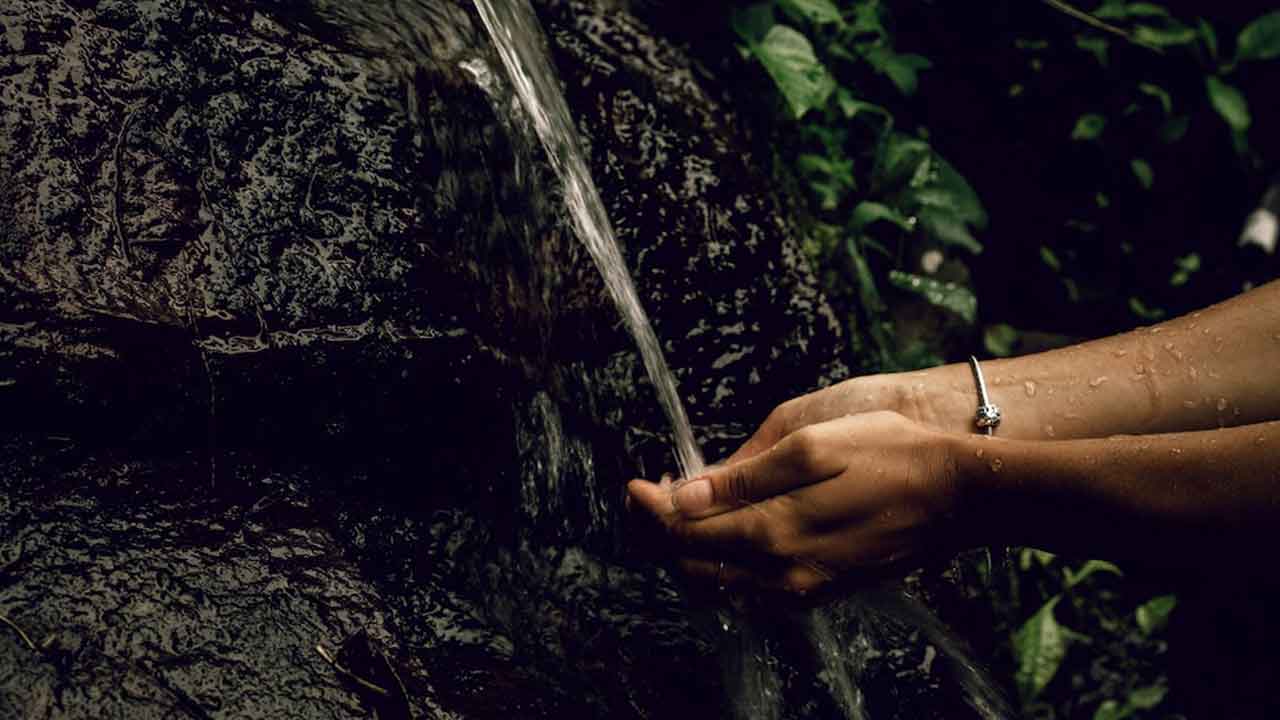Water, the source of life, is an invaluable natural resource that sustains all living organisms on Earth. While our planet is often referred to as the "blue planet" due to its abundant water, the truth is that freshwater—the water we can drink, irrigate our crops with, and use for various daily activities—is a finite and increasingly threatened resource. As the global population continues to grow, so does the demand for freshwater, making water conservation a vital and urgent endeavor.
The Importance of Water Conservation
Water conservation is not merely a matter of choice; it's an essential practice that has far-reaching implications for our environment, economy, and overall well-being. Here are some key reasons why water conservation matters:
- Preserving Ecosystems
Freshwater ecosystems, including rivers, lakes, wetlands, and aquifers, support a diverse range of plants and wildlife. Conserving water ensures that these habitats remain intact, protecting biodiversity and maintaining the delicate balance of nature. - Securing Food Production
Agriculture is one of the largest consumers of freshwater globally. Efficient water use in agriculture is crucial for food security. By conserving water, we can sustainably produce the crops that feed the world's growing population. - Mitigating Climate Change
Water conservation plays a role in climate change mitigation. The energy required to pump, treat, and heat water contributes to greenhouse gas emissions. By reducing water consumption, we indirectly reduce energy use and associated emissions. - Preventing Water Scarcity
Many regions around the world are already facing water scarcity. By conserving water resources, we help ensure that communities have access to clean, safe drinking water for generations to come. - Economic Benefits
Water conservation can lead to significant cost savings for individuals, businesses, and governments. By reducing water usage, we also lower water treatment and infrastructure maintenance costs. - Reducing Pollution
Wastewater from homes and industries can carry pollutants into natural water bodies. By using water efficiently, we reduce the volume of wastewater, helping to preserve water quality.
Practical Steps for Water Conservation
Water conservation is achievable through a combination of individual actions, community initiatives, and policy measures. Here are practical steps that everyone can take to conserve water:
- Fix Leaks
One of the most significant sources of water wastage is leaks in homes and buildings. Regularly check for and repair leaks in faucets, pipes, and toilets to prevent water loss. - Install Water-Saving Appliances
Upgrade to water-efficient appliances, such as low-flow toilets, high-efficiency washing machines, and water-saving showerheads. These devices use significantly less water without sacrificing performance. - Practice Responsible Landscaping
In many areas, outdoor watering accounts for a substantial portion of household water use. Use native and drought-resistant plants in your landscaping to reduce the need for excessive irrigation. - Collect Rainwater
Install rain barrels to capture rainwater for use in gardening and outdoor activities. This reduces the demand for treated tap water - Time Your Water Use
Water your lawn and garden during the cooler parts of the day, such as early morning or late evening, to minimize evaporation. - Use a Broom, Not a Hose
Sweep driveways and sidewalks instead of using a hose to wash them down. Hoses can waste a significant amount of water. - Limit Shower Time
Shortening your shower time by just a few minutes can save gallons of water. Consider installing a timer or using a water-saving showerhead to further reduce water use. - Run Dishwashers and Washing Machines with Full Loads
Make sure you have a full load before running your dishwasher or washing machine. This maximizes water efficiency. - Educate Yourself and Others
Raise awareness about water conservation within your community. Encourage your family, friends, and neighbors to adopt water-saving practices.
The Role of Technology and Innovation
In addition to individual actions, technology and innovation play a crucial role in water conservation. Here are some advancements in water conservation:
- Smart Irrigation Systems
These systems use weather data and soil moisture sensors to optimize outdoor watering, reducing water waste in landscaping. - Water Recycling and Reuse
Advanced treatment technologies enable the recycling and reuse of treated wastewater for purposes like irrigation and industrial processes. - Low-Flush Toilets and Dual-Flush Mechanisms:
These toilets use significantly less water per flush, helping reduce residential water consumption. - Sensor-Based Faucets
Sensor-activated faucets in public places reduce water use by providing water only when needed. - Desalination Technologies
Desalination, or the process of removing salt and impurities from seawater, is increasingly used to supplement freshwater supplies in water-scarce regions.
Policy and Collective Action
While individual actions are essential, addressing water conservation on a broader scale requires policy changes and collective action. Governments, businesses, and communities can implement the following measures:
- Water Use Efficiency Standards
Governments can set and enforce water use efficiency standards for appliances, plumbing fixtures, and industrial processes. - Water Pricing
Implement tiered water pricing to encourage conservation. Higher water rates for excessive use can provide a financial incentive to reduce consumption. - Investing in Infrastructure
Upgrade water infrastructure to reduce leaks, improve efficiency, and ensure the reliable delivery of water. - Protecting Water Sources
Enforce regulations to protect water sources from pollution and over-extraction. - Education and Outreach
Community-based education programs can inform residents and businesses about the importance of water conservation and provide practical tips for reducing water use.
Final Thoughts
Water conservation is not a mere lifestyle choice; it's an ethical responsibility. By adopting water-saving practices, using efficient technologies, and advocating for sustainable policies, we can secure this precious resource for ourselves and future generations. The journey toward water conservation begins with individual actions but culminates in a collective commitment to protect and preserve our most vital natural resource—water. It is a commitment that transcends borders, ideologies, and generations, for water knows no boundaries; it flows through the very essence of life itself.

